Good Counselor Project Fellowship
Join a select cohort of attorneys to study the seminal texts of the Western tradition.
Applications for the 2026 Cohort are closed.
Thank you for your interest in the Good Counselor Project. Applications for 2026 are now closed. Please contact us at info@napalegalinstitute.org with any questions!
Experience the Fellowship
Through formation, service, and community, you will discover the unique interplay between law, justice, and virtue, and what this means for your vocation.
%202.svg)
What are current GCP fellows saying?

Formation.
Beginning in early 2024, GCP Fellows will participate in monthly academic seminars. As seminar leader Luke Macik explained at the launch of The Good Counselor Project, fellows “will encounter the great books of literature, philosophy, history, and perhaps even mathematics (as Lincoln encountered Euclid’s Elements of Geometry when he was practicing law) that formed Western Civilization.” The GCP Fellowship begins and ends with in-person seminars at GCP Retreats in the Spring and Fall, respectively. The remaining seminars take place once a month, virtually, in between the GCP Retreats.
Reading selections will include, but are not limited to:
-The Iliad, by Homer
-Antigone, by Sophocles
-Plato and Aristotle
-Dante’s Inferno
-St. Paul the Apostle
-St. Thomas Aquinas

Service.
As part of The Good Counselor Project, fellows will also be automatically enrolled in Napa Legal’s GCP Network, where they are afforded the opportunity to contribute to Napa Legal’s growing library of nonprofit resources and work directly with spiritual entrepreneurs to empower evangelization. The average GCP Network term is 2 years, during which fellows are asked to complete 3 points of engagement. To learn more about engagement, please visit Napa Legal's GCP Network page.

Community.
The launch of this project is partly in recognition that the success and integrity of faith-based institutions depends on the legal professionals who lead and form such institutions. The ability to do this work requires several years of advanced education, certification, and experience. The specialized, technical nature of the educational path to law practice can be divorced from formation in the True, the Good, and the Beautiful, leading to the creation of what C.S. Lewis described as “men without chests”; i.e., individuals who are conditioned to believe—by virtue of their technocratic training—that truth is relative, the good is subjective, and what is beautiful is merely sentimental. Lewis writes how “in a sort of ghastly simplicity we remove the organ and demand the function. We make men without chests and expect of them virtue and enterprise. We laugh at honour and are shocked to find traitors in our midst. We castrate and bid the geldings be fruitful.” The Good Counselor Project addresses this challenge by focusing on the humane formation of practicing attorneys. By participating in The Good Counselor Project, early to mid-career attorneys will receive professional, personal, and Catholic faith formation through the Good Counselor Project lectures and retreat. Although the GCP Fellowship is designed from the Catholic perspective, attorneys of all faith backgrounds are encouraged to apply.
Meet The Seminar Leaders

Luke Macik, J.D.

Daniel Burns, Ph.D

Jeffrey Lehman, Ph.D
Meet The 2026 Fellows

Meet The 2025 Fellows


Meet The 2024 Fellows


Meet The 2023 Fellows

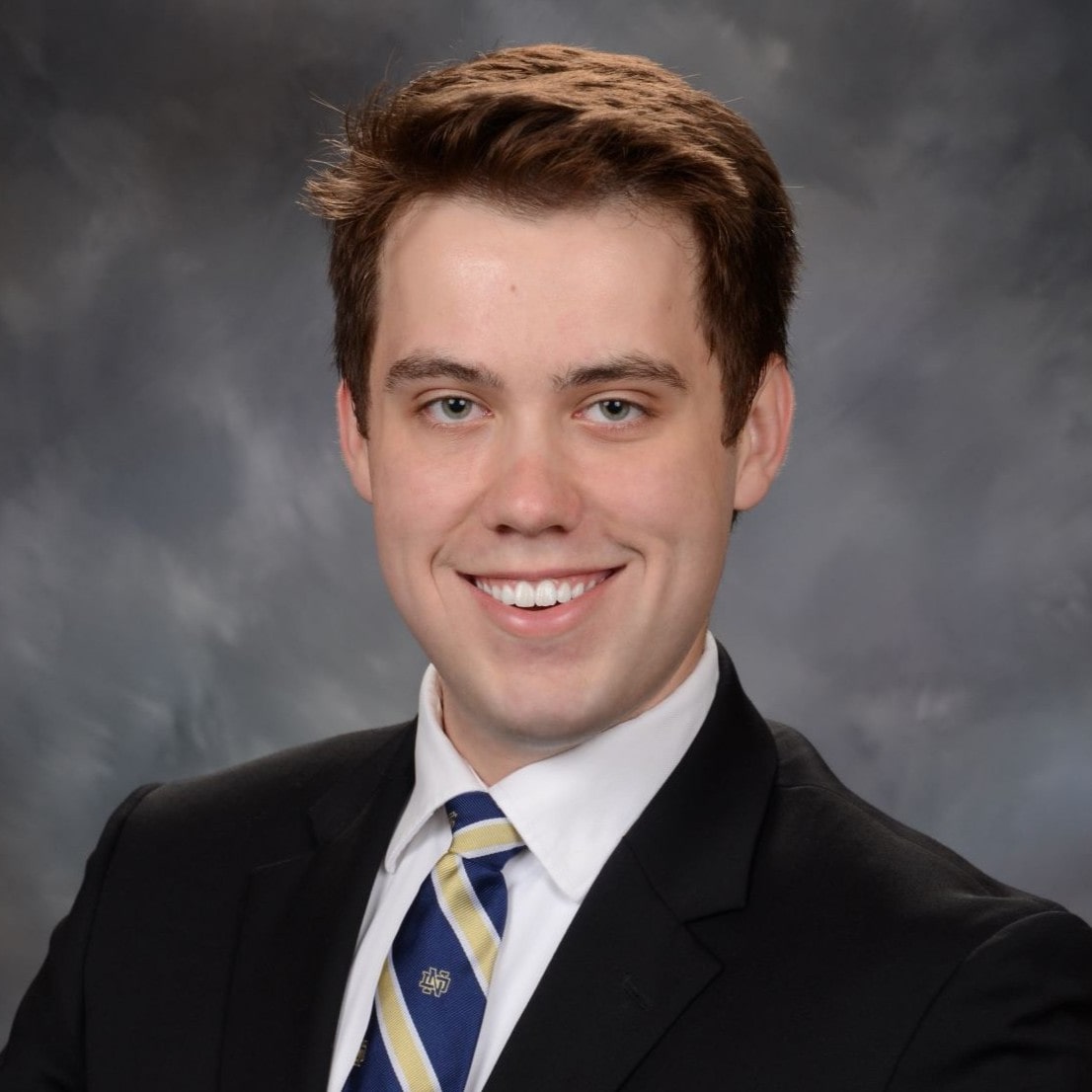
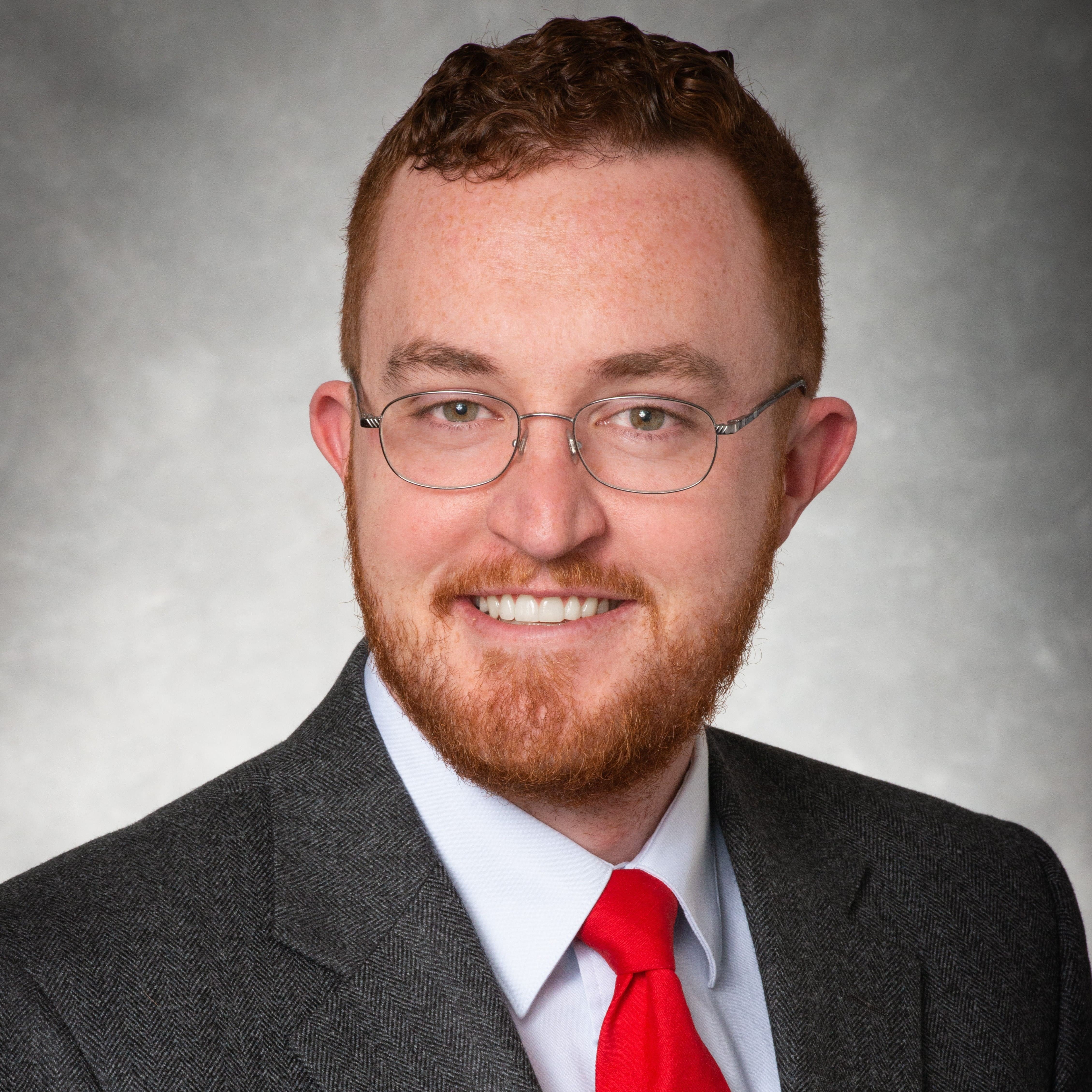
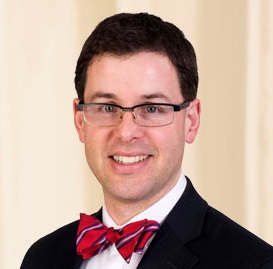
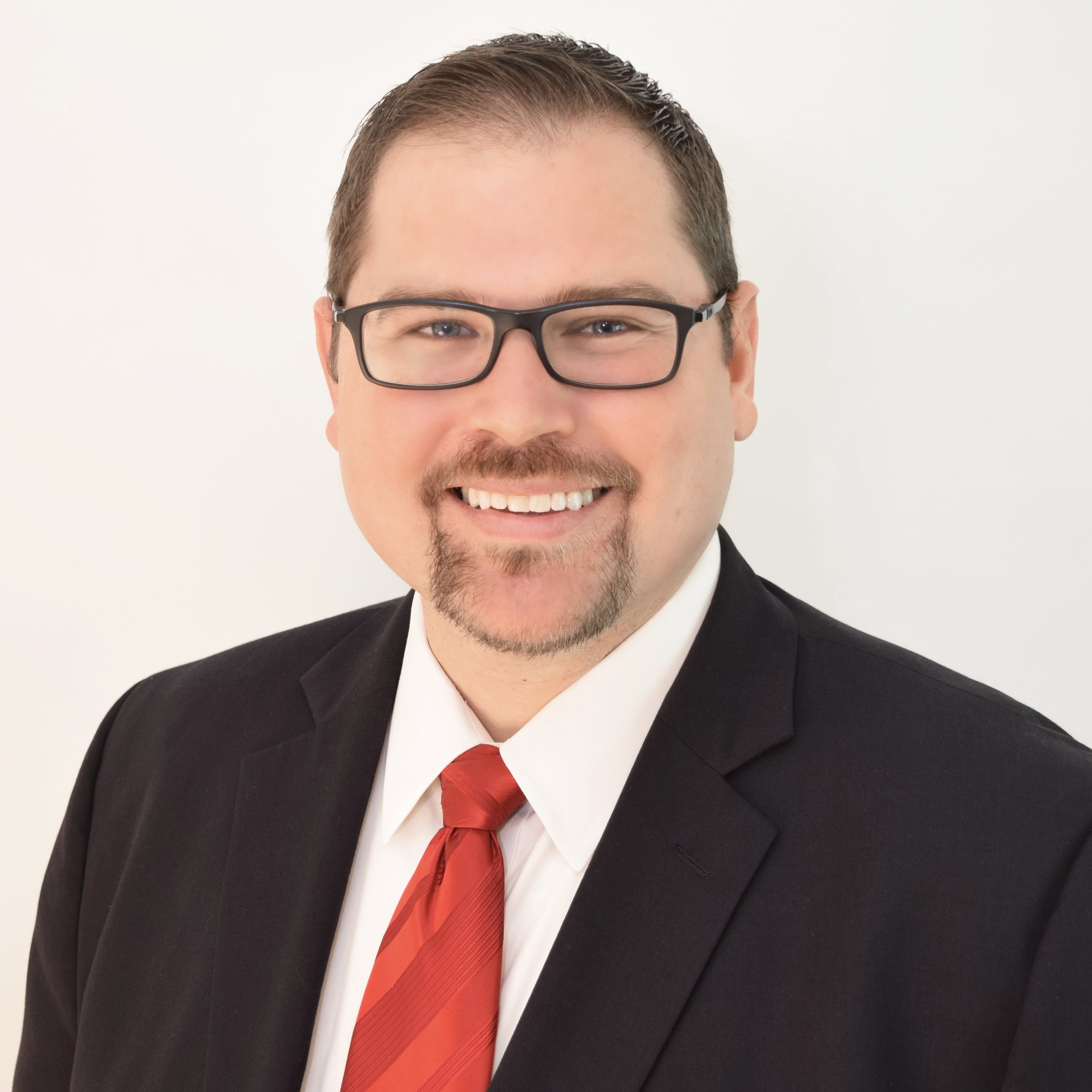
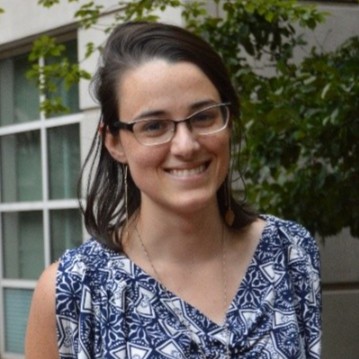
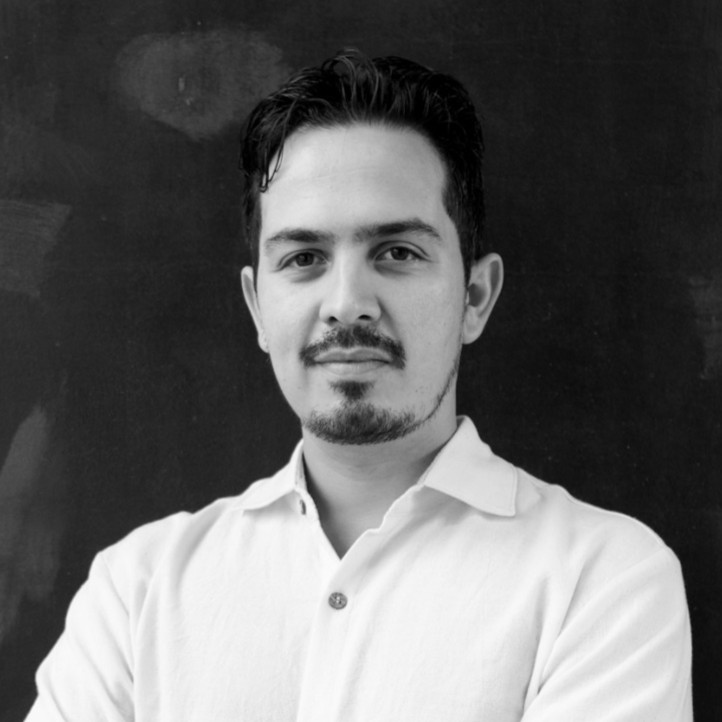
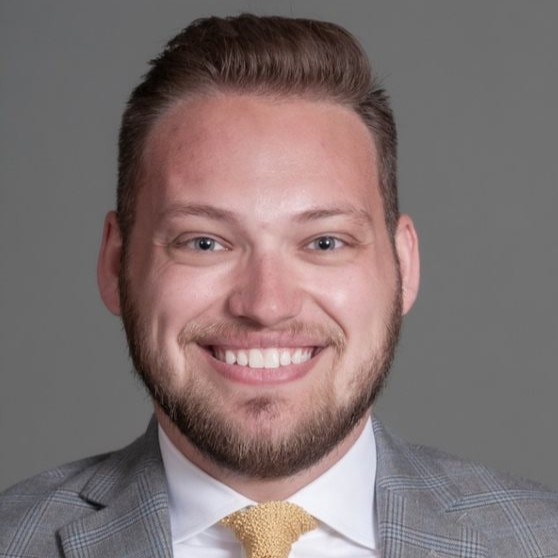
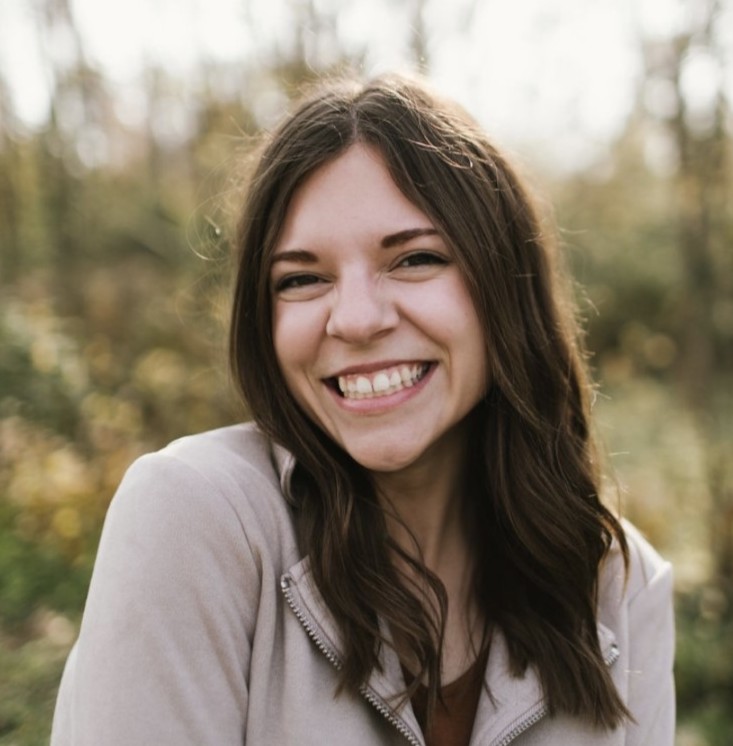
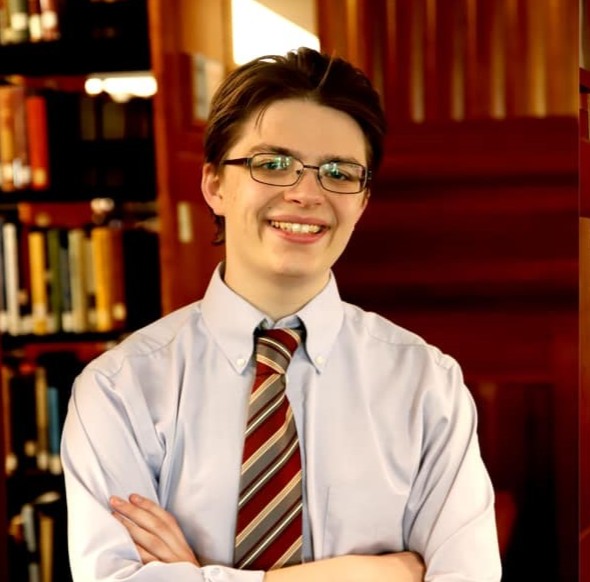
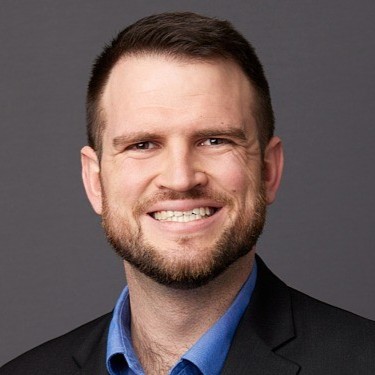
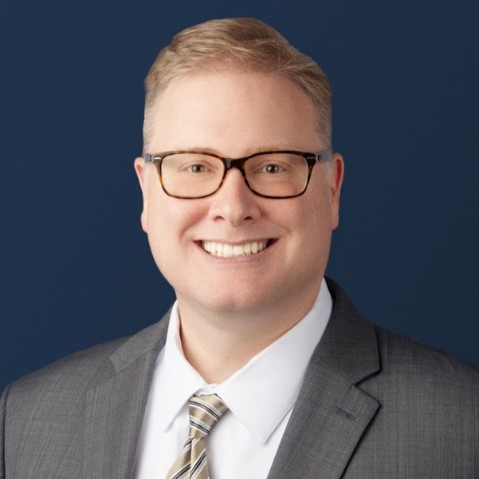
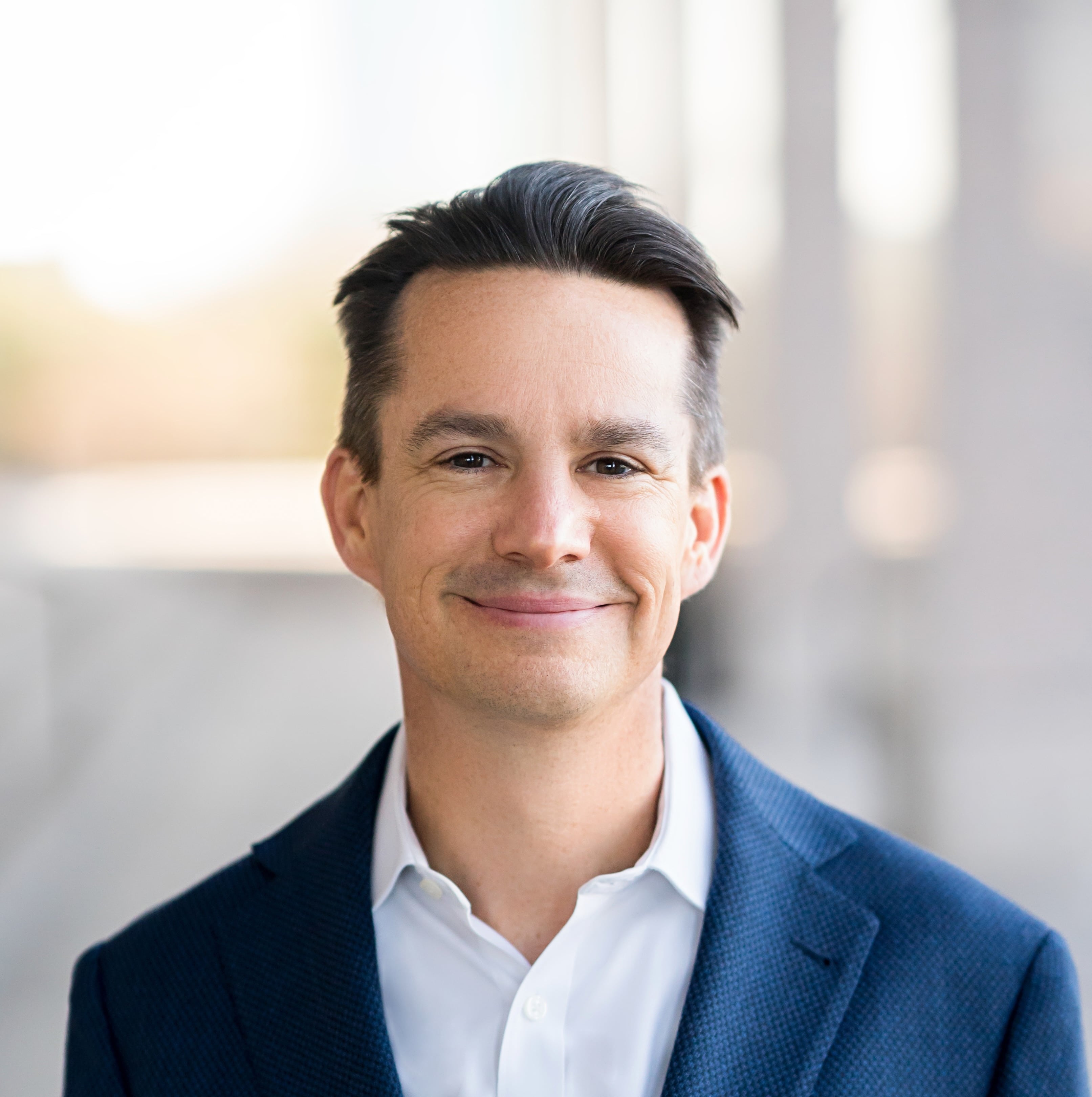
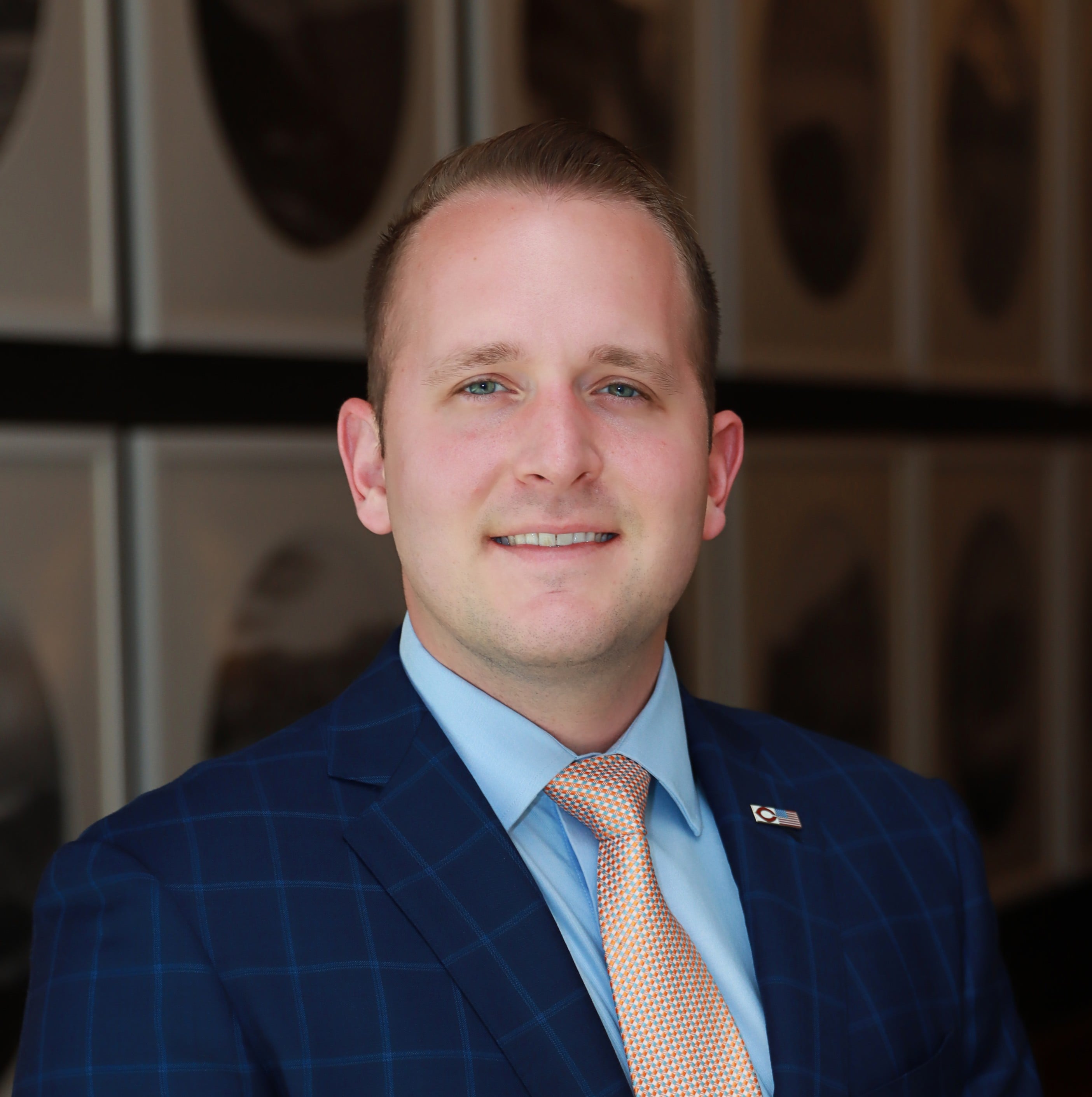
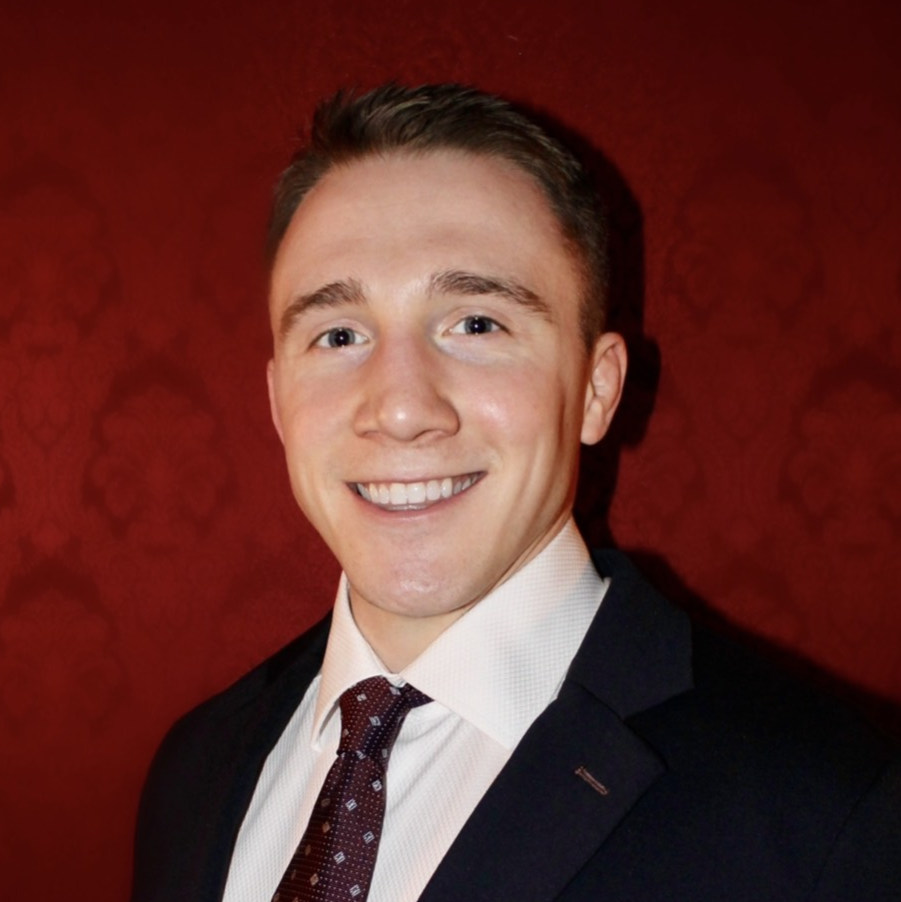
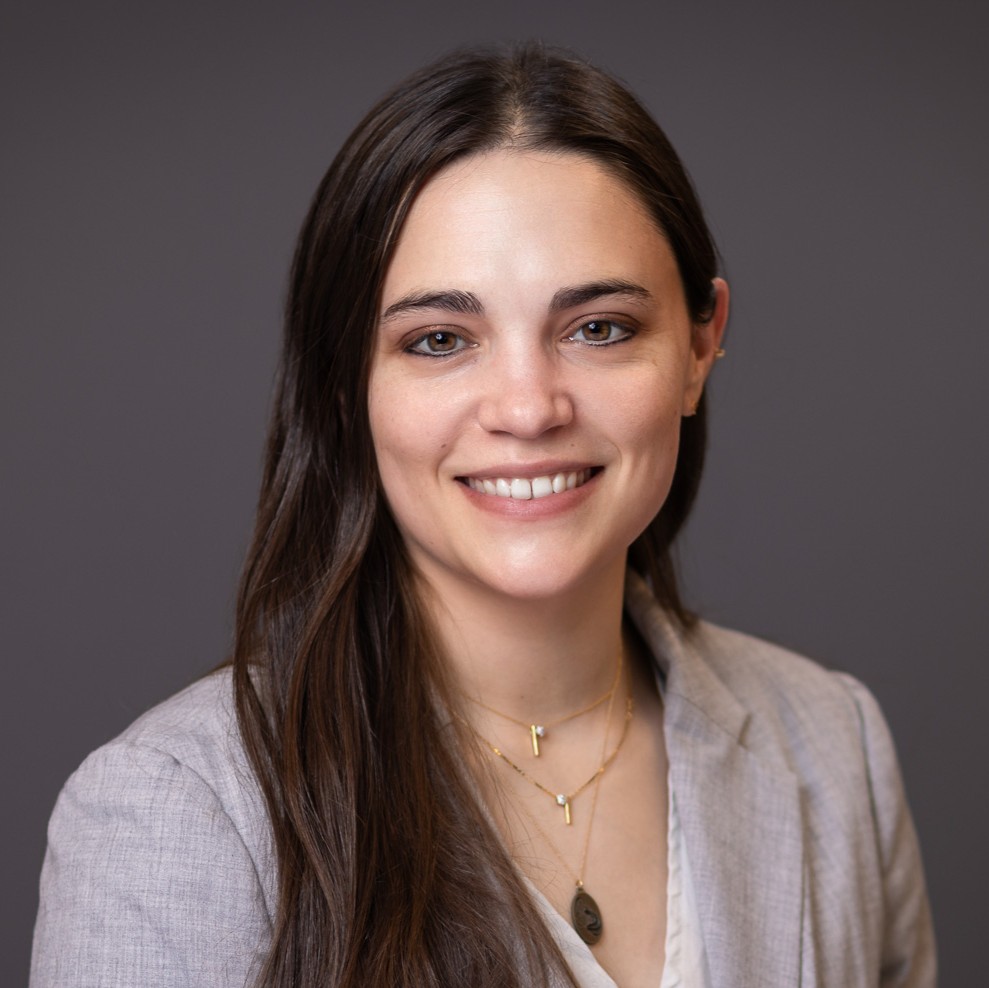
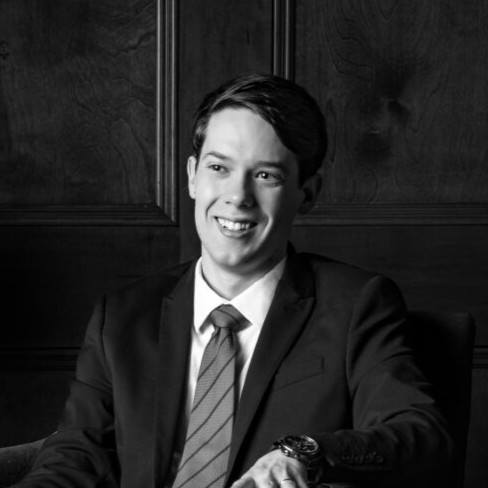

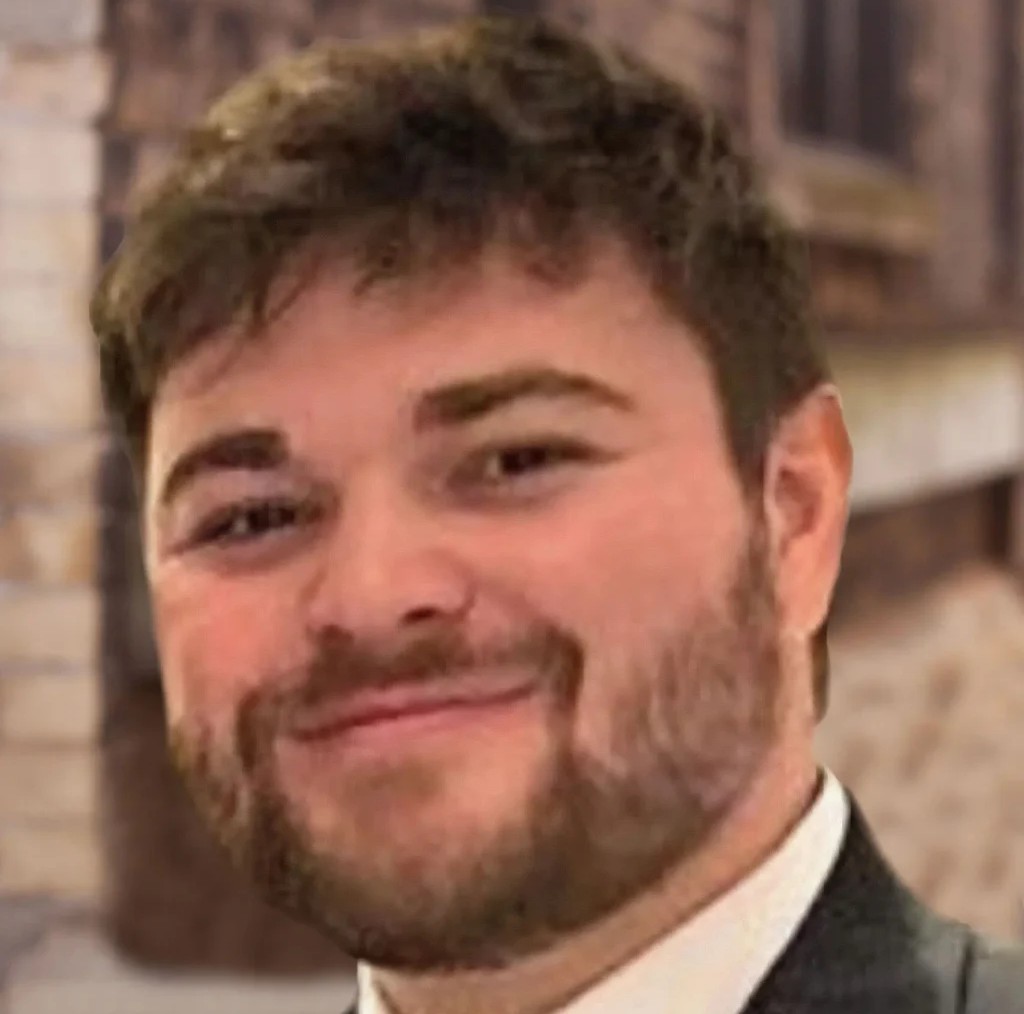
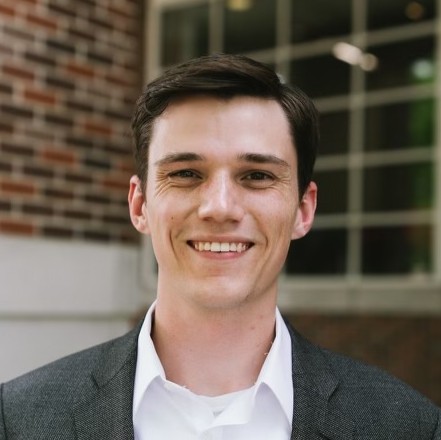
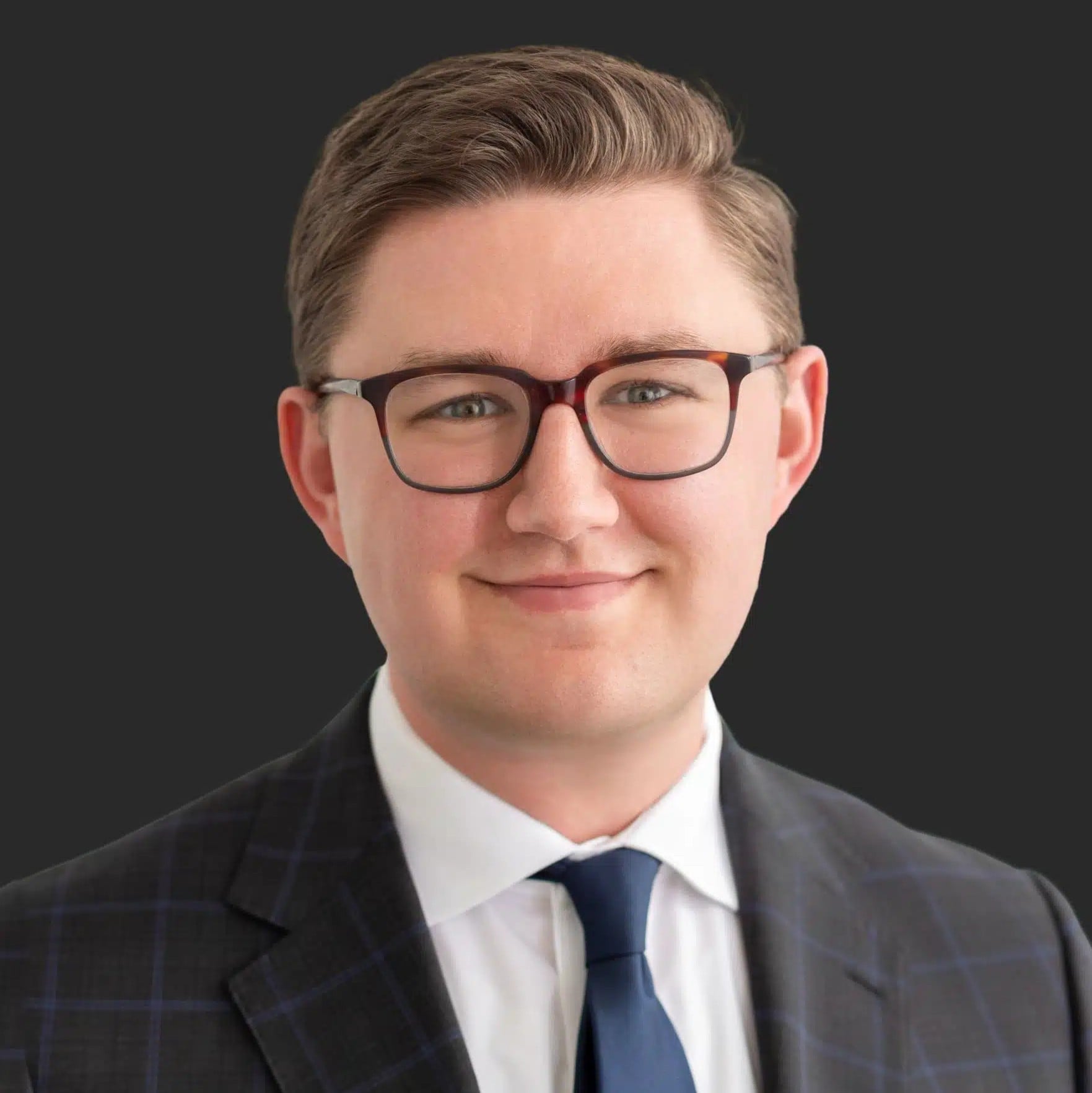
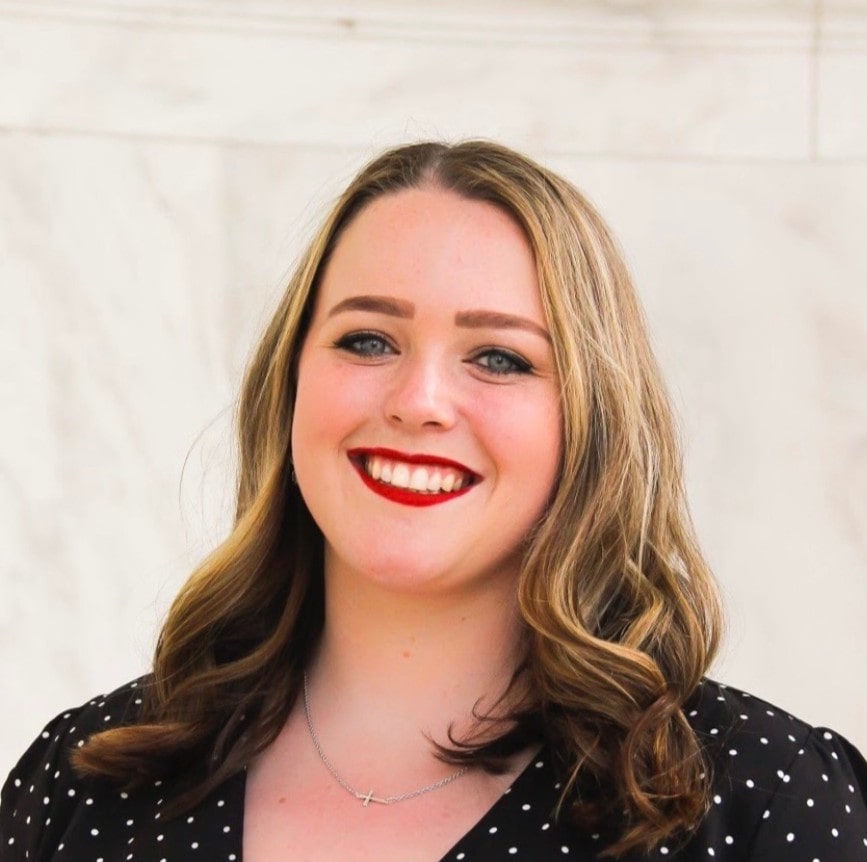
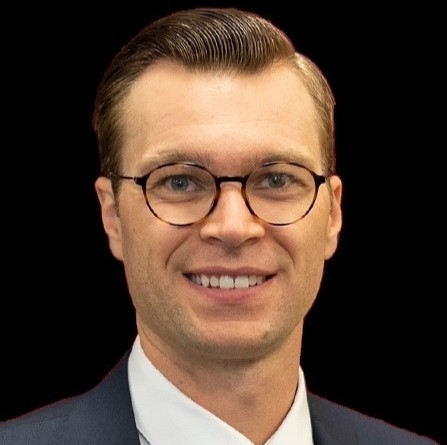
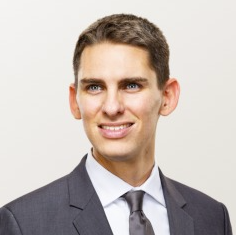
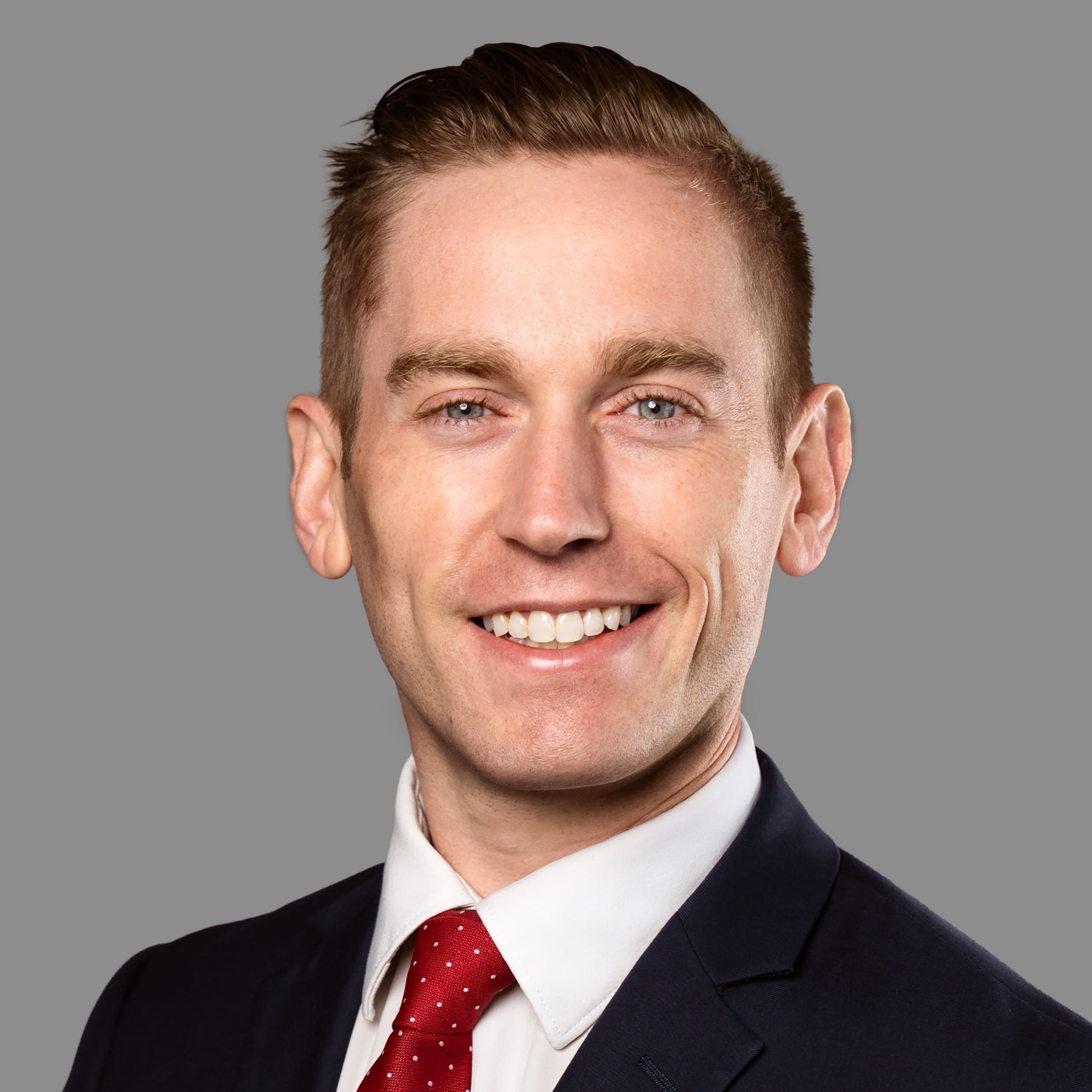
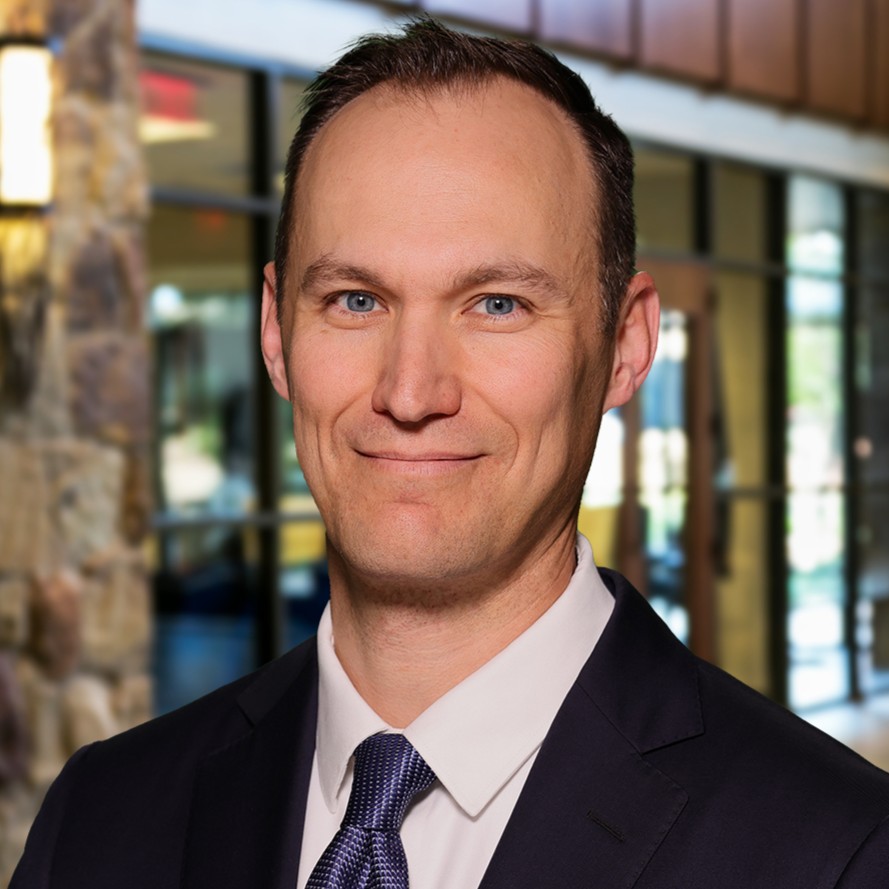
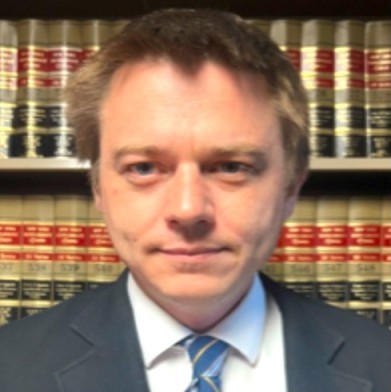

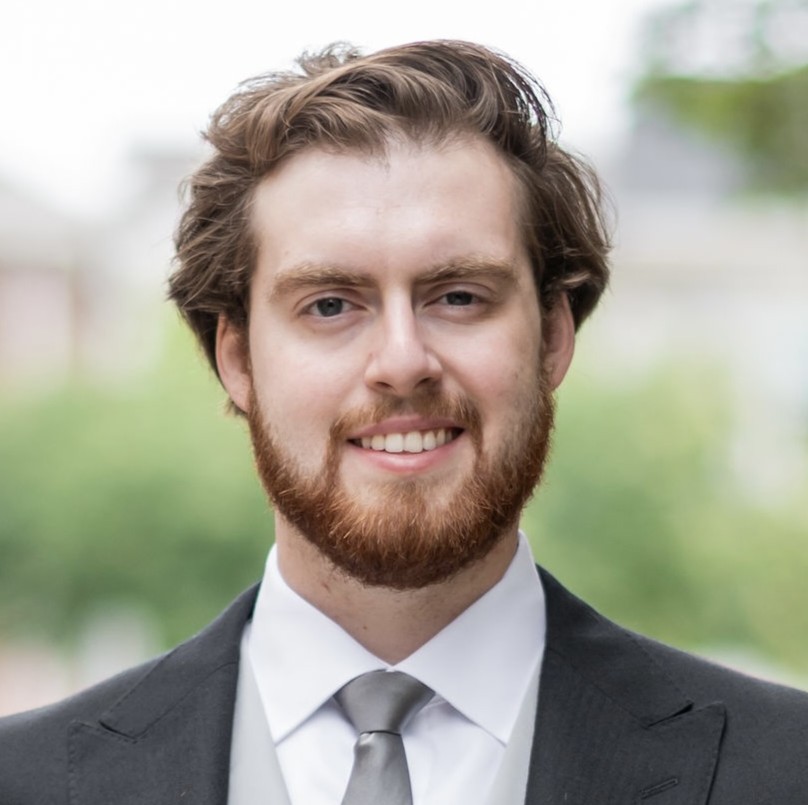
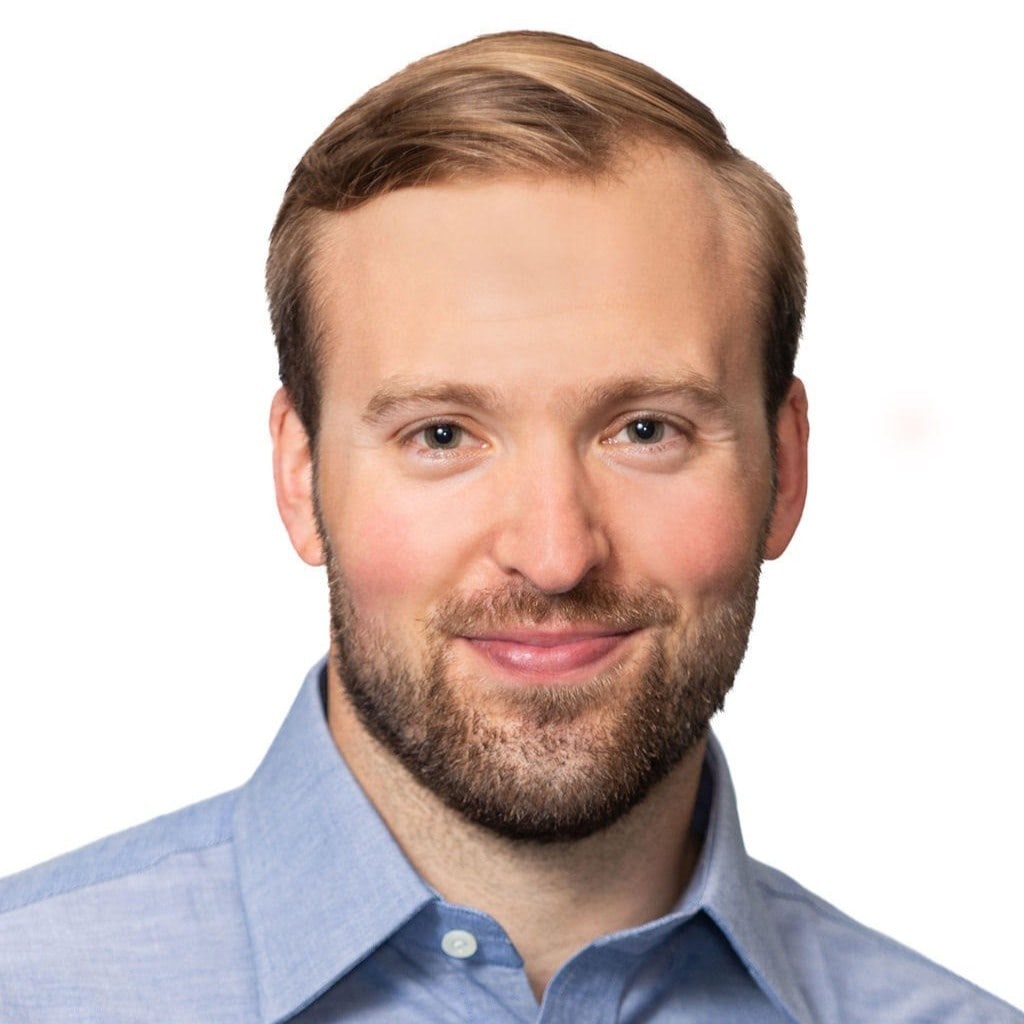
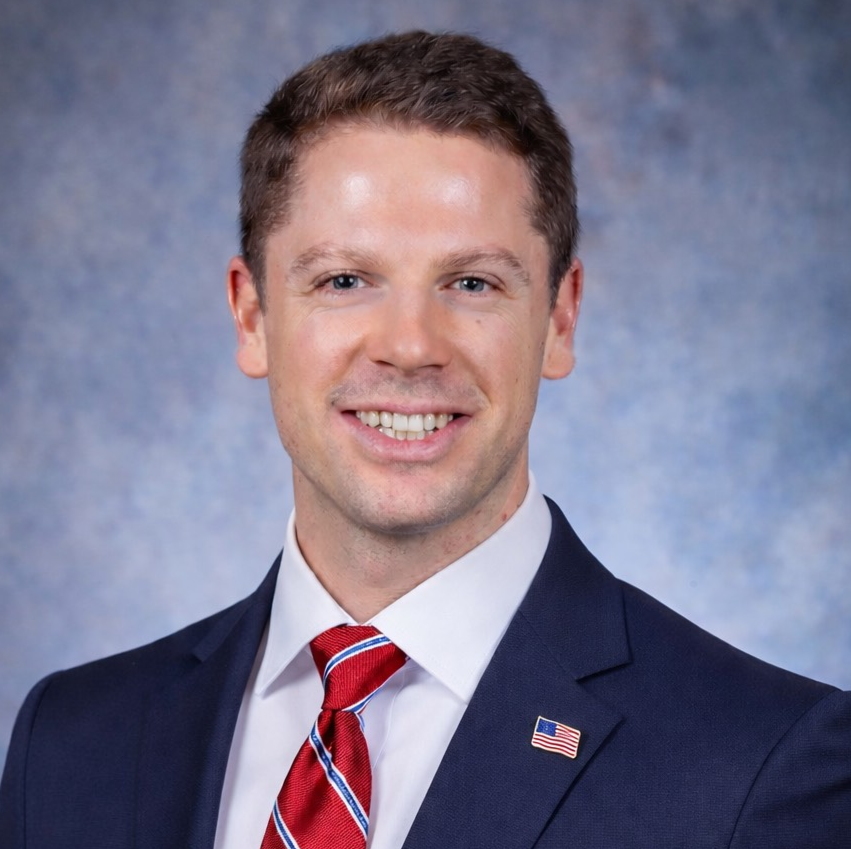
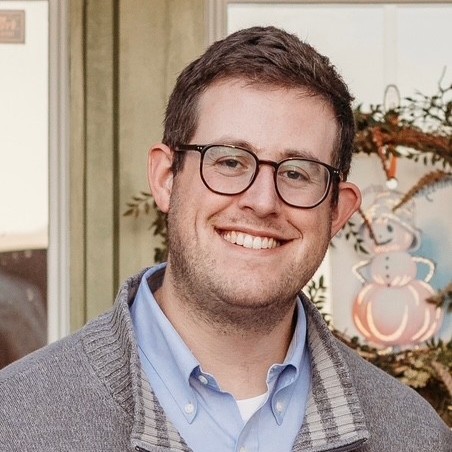
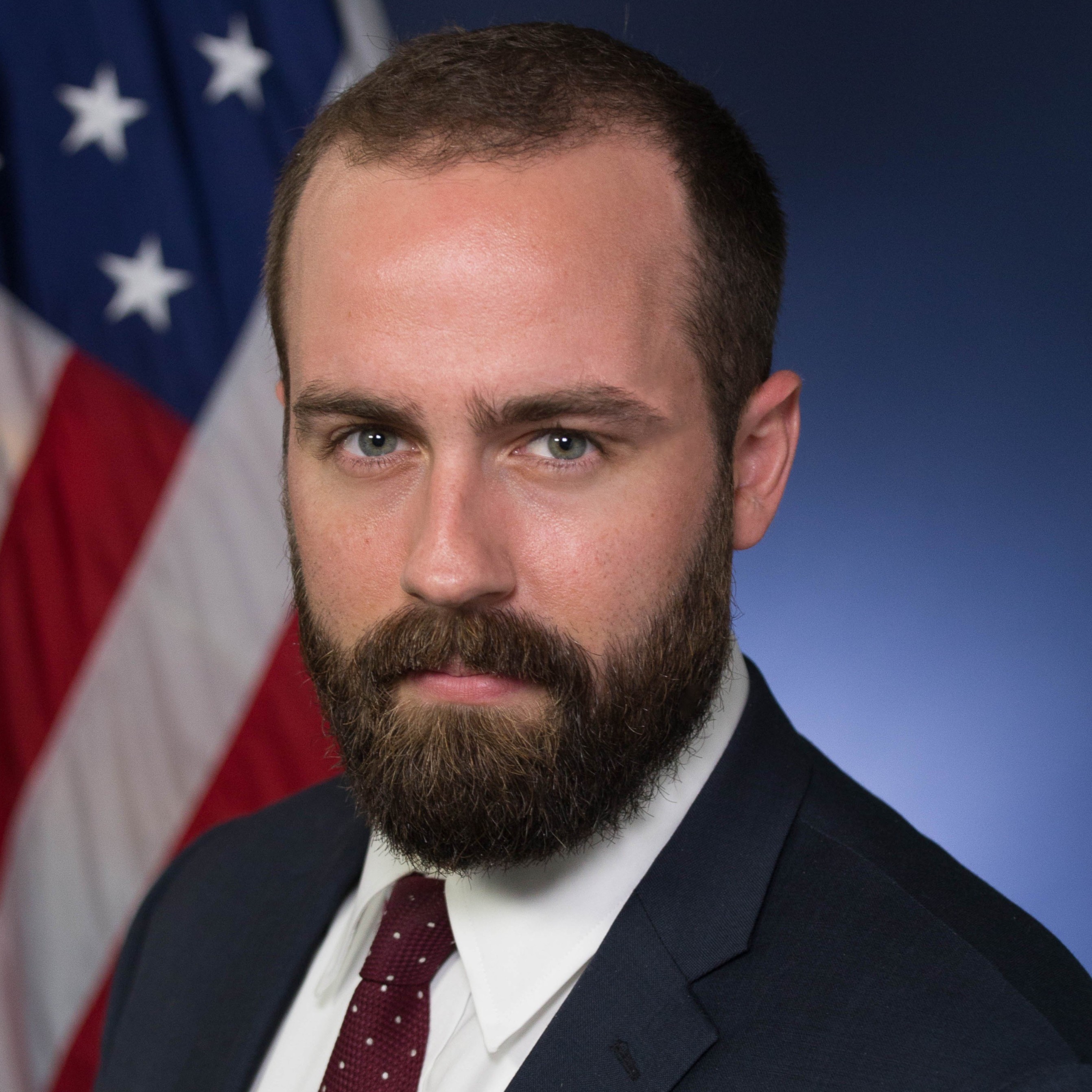
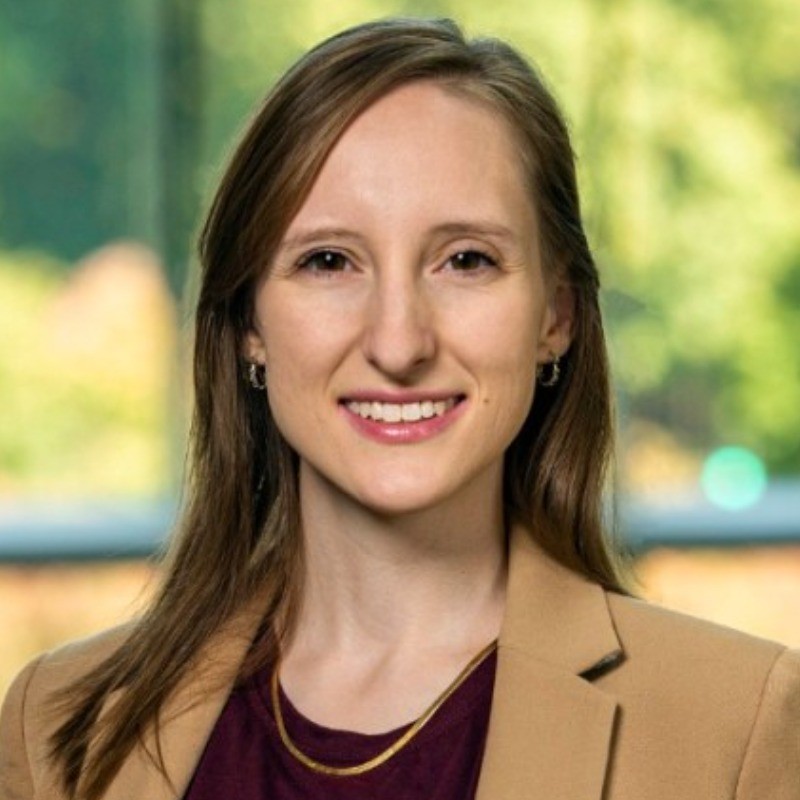
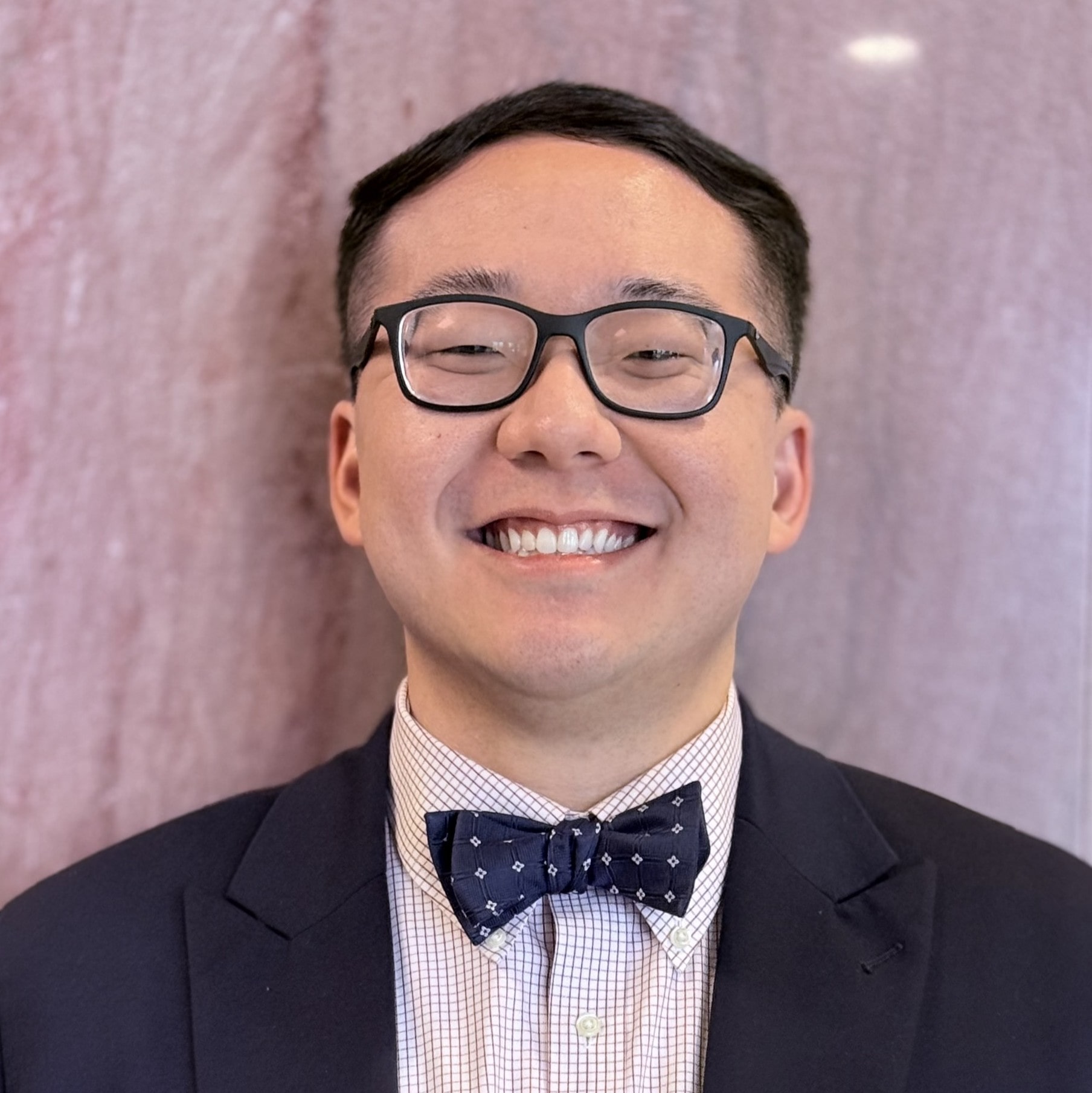

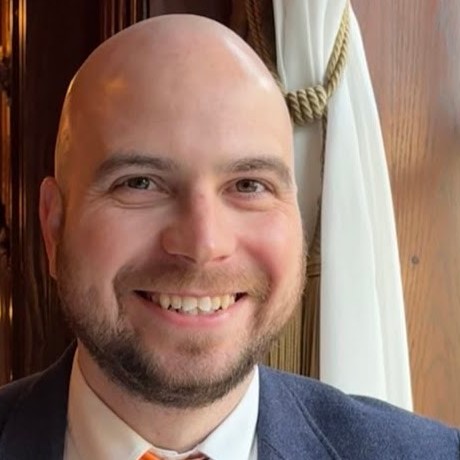
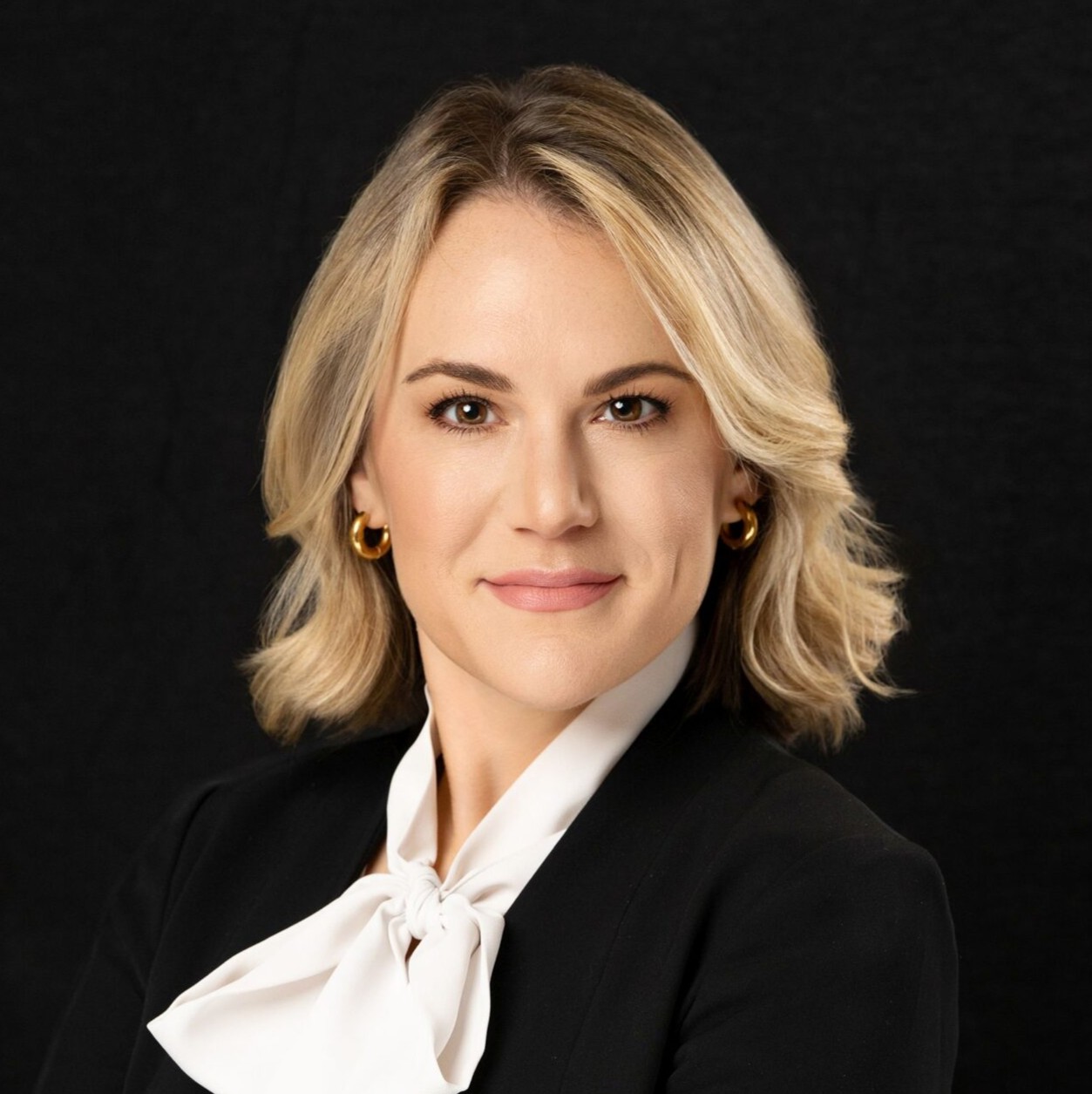
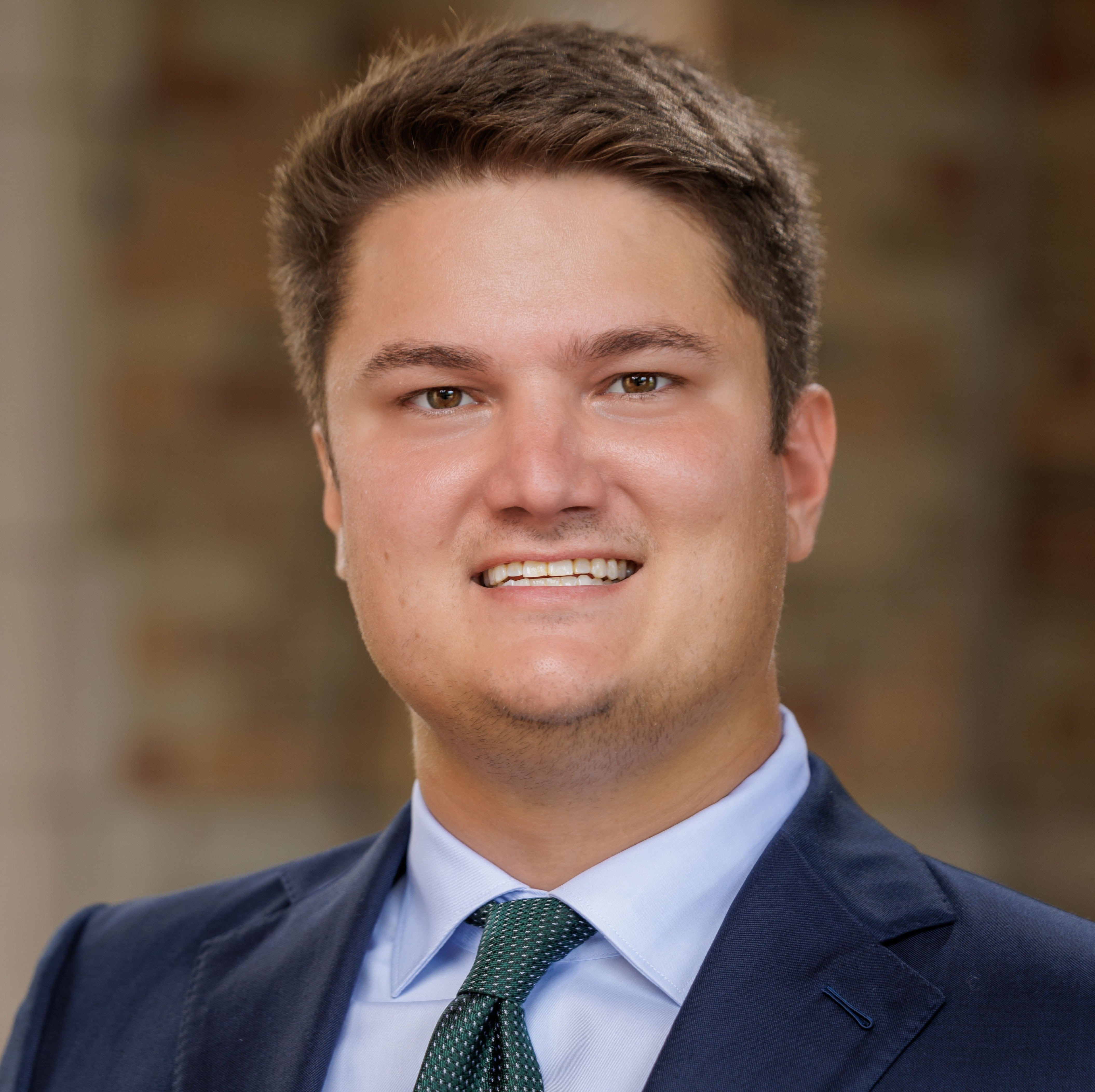
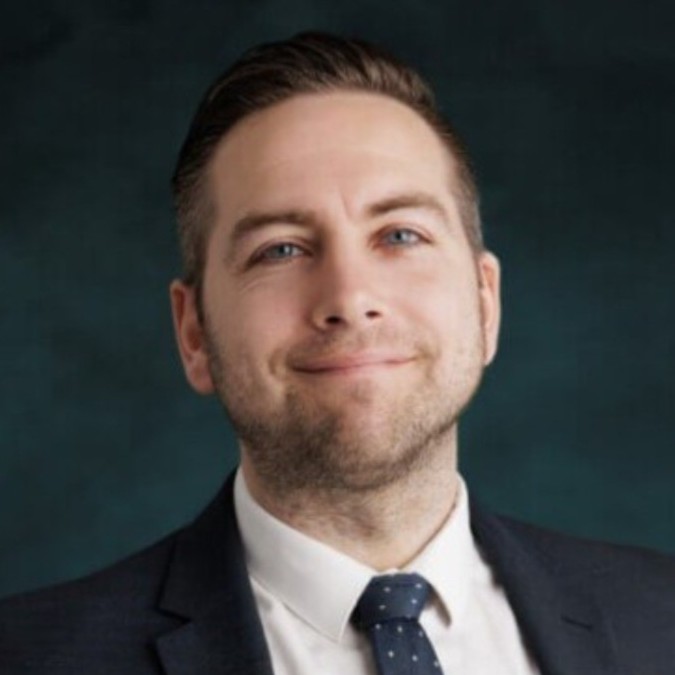

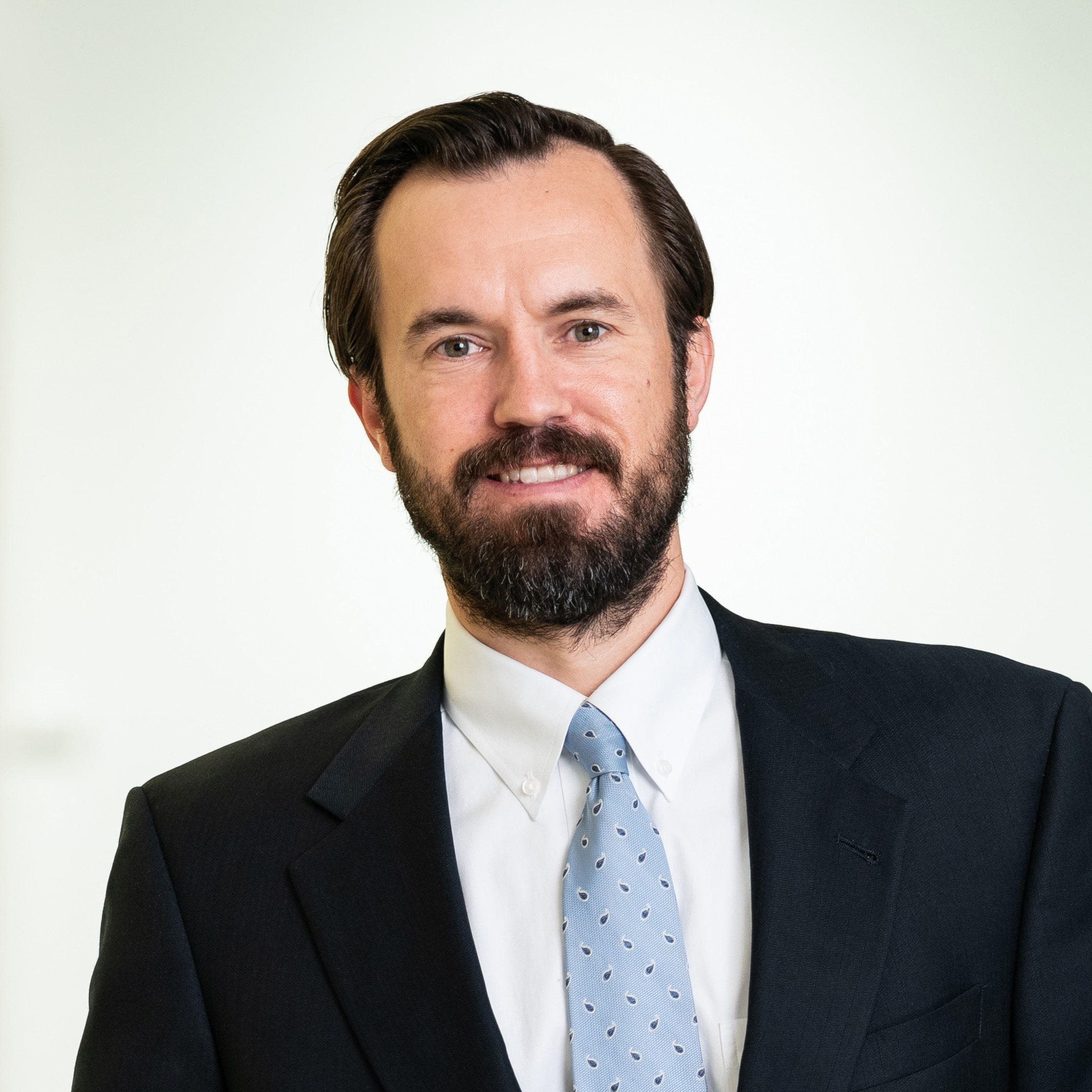

















































%20Culhane%20headshot.png)







.png)
.png)
.png)



.png)



































.jpg)





.jpg)
.jpg)


















.png)